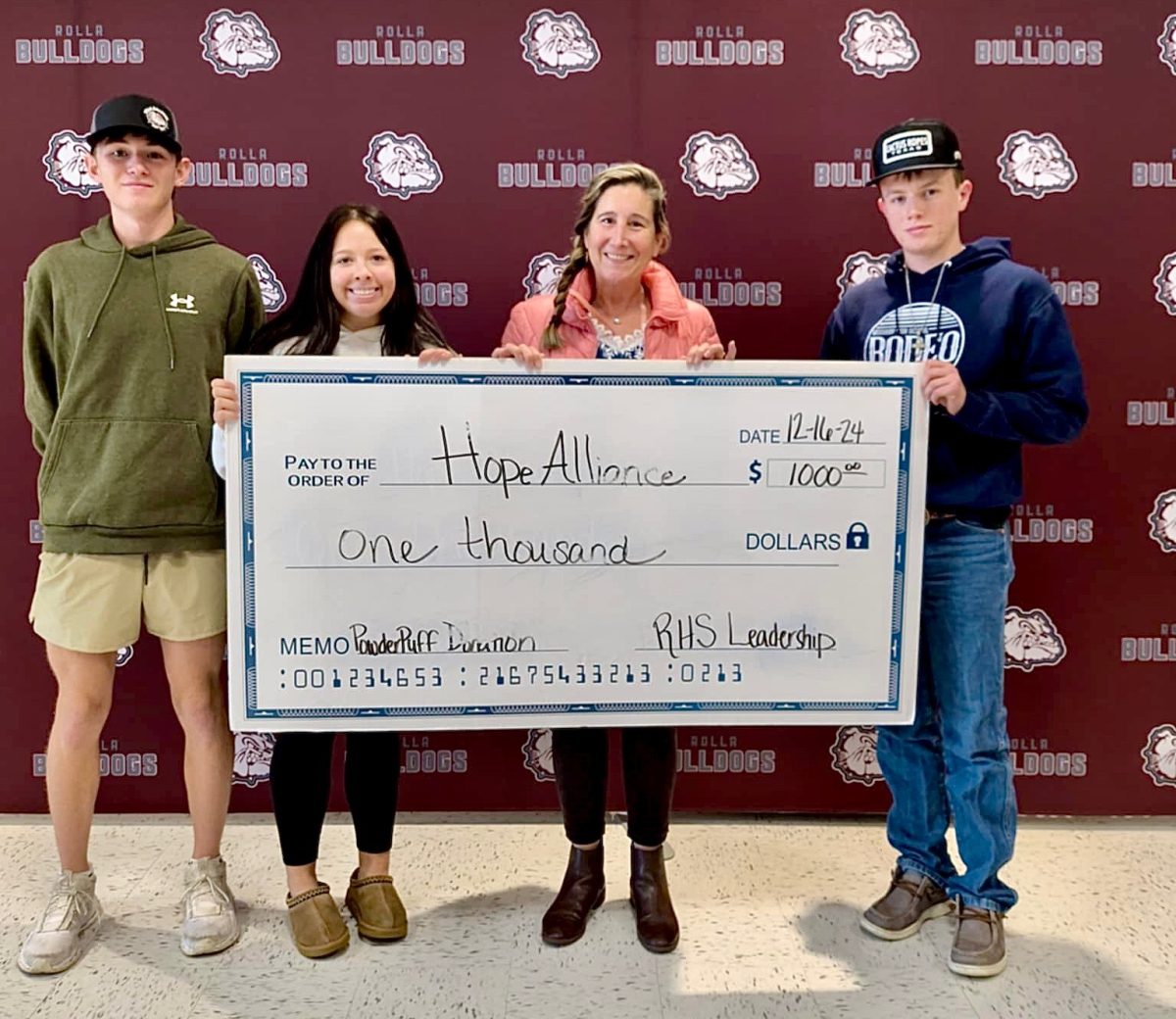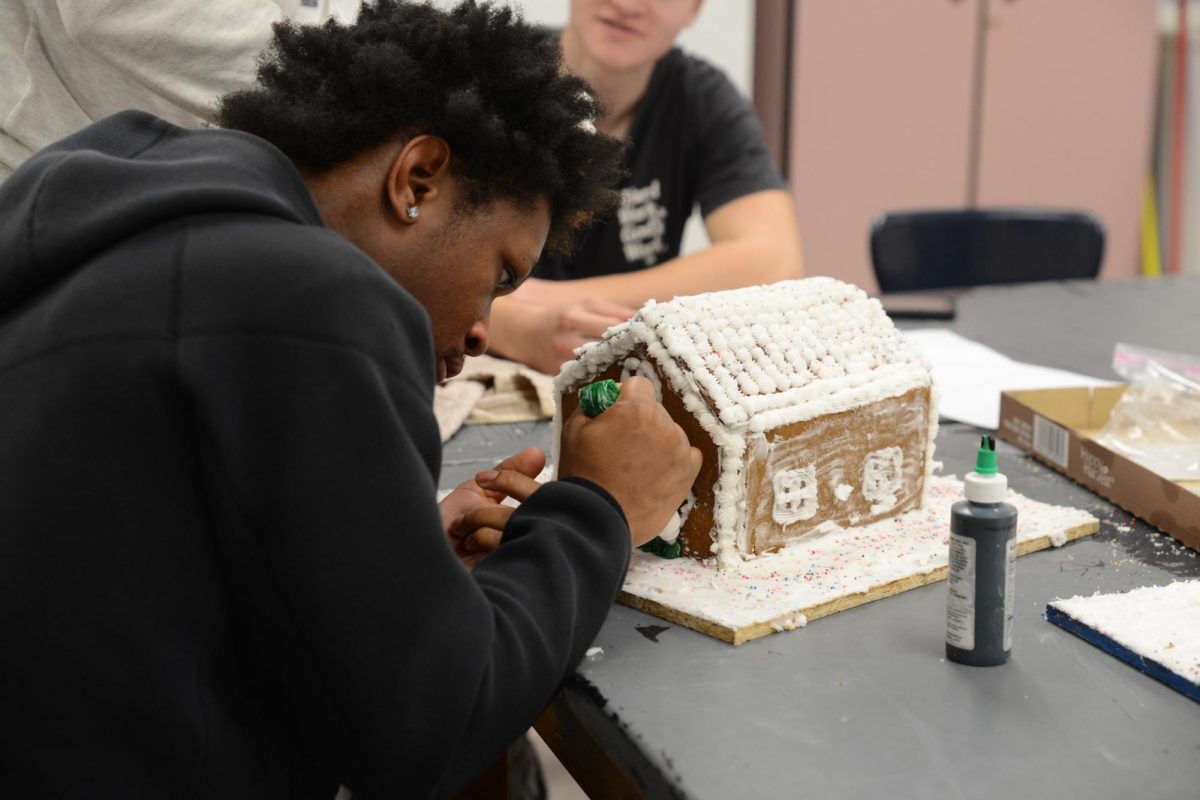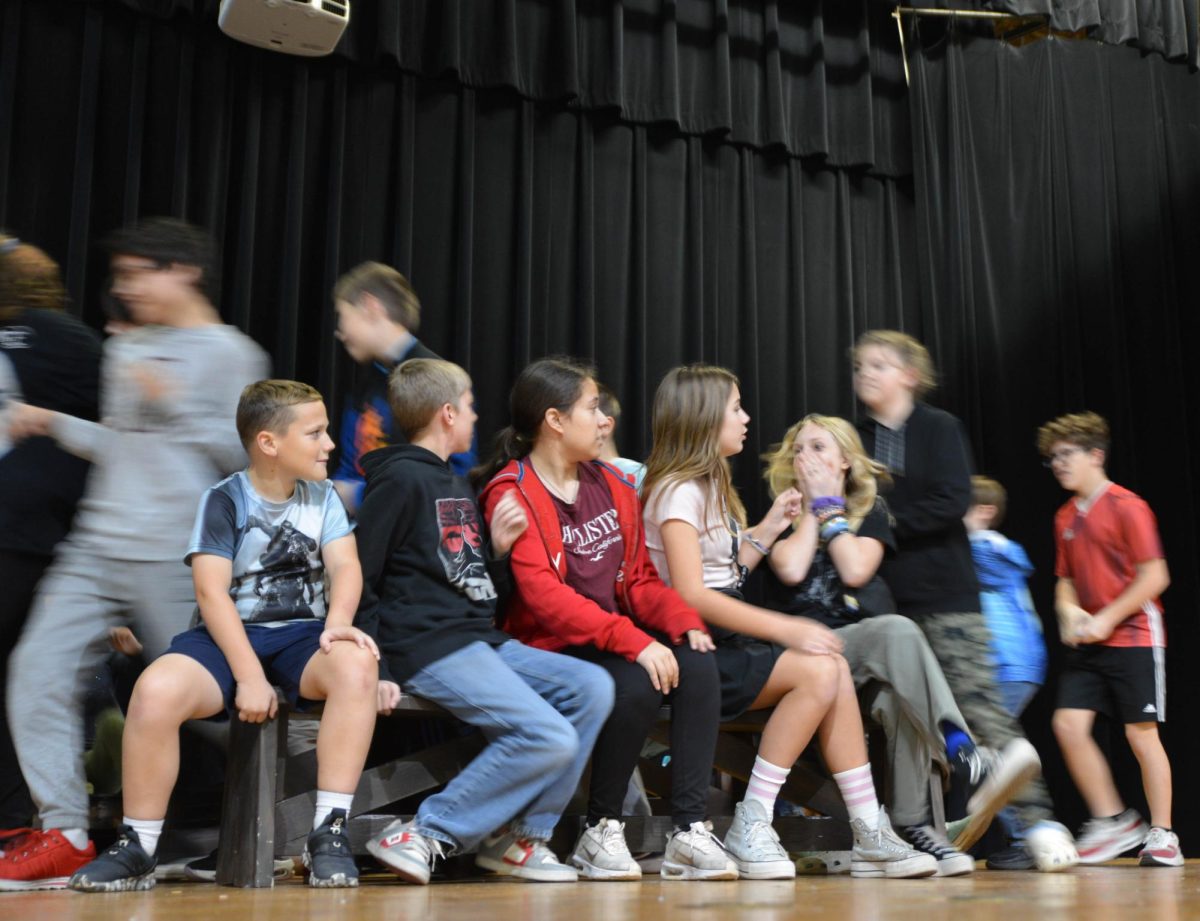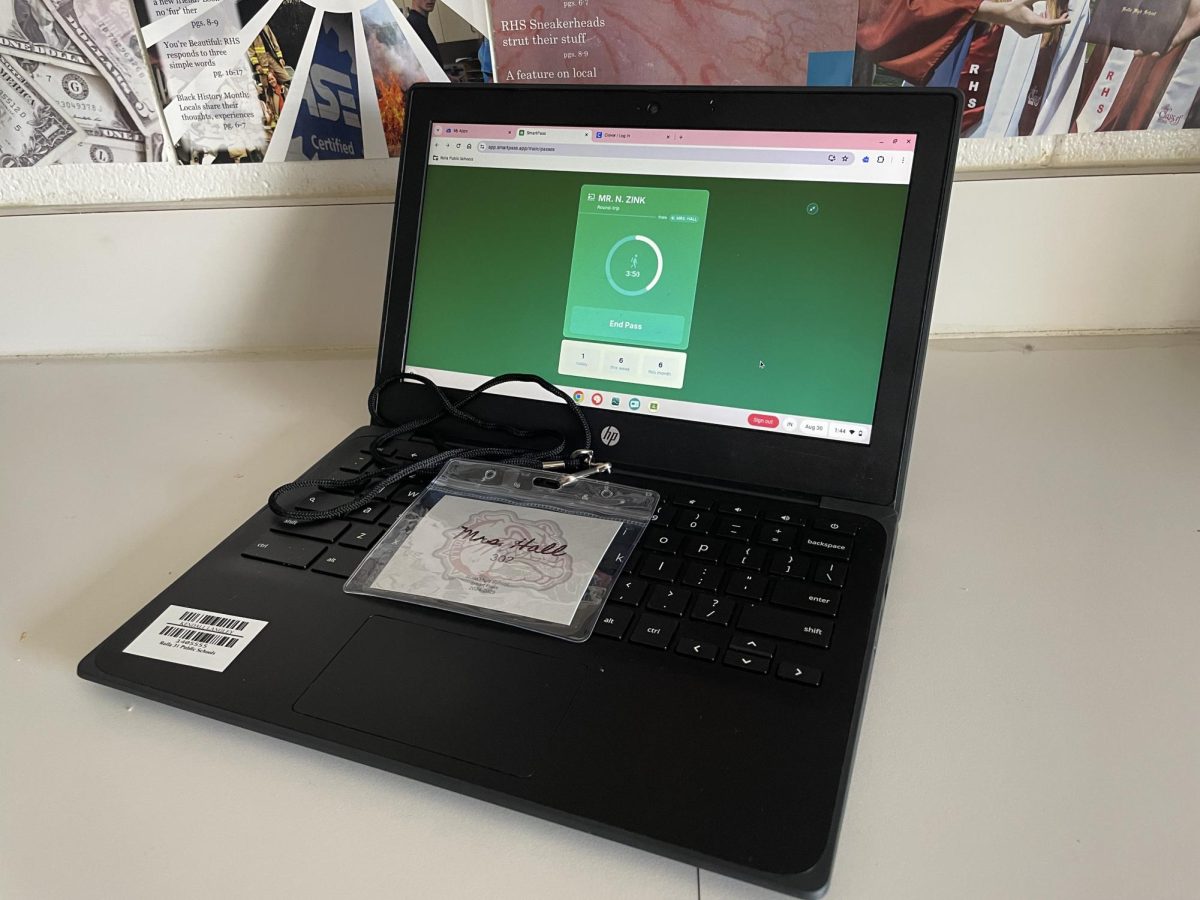History teacher Matt Rose will be leaving the school at the end of this year in order to take up a new teaching job in South Carolina.
“For the last five years, I’ve been doing the best that I can with my sons; who live in South Carolina,” Rose said. “I never looked at it at all that I was leaving, it was always about trying to get close to them. It kind of hit me in the last few years that if I didn’t want to miss more of their lives, then I was going to have to get closer to them.”
As well as getting closer to his family, Rose sees this move as an opportunity to his career.
“I’m going to a really good school, which is great from a career standpoint,” Rose said.
Rose will also have the unique chance to teach at a magnet school, an institute that has specialized courses geared toward a specific career path.
“It’s a brand new school, and it’s a magnet school, so we’re going to be teaching a lot of different social studies classes,” Rose said. “Within that school, we have five different schools within it. Each one is kind of like a mini-academy. One of them is the Leadership path, one of them is Theater and Performance, and then the one I’m going to be, ironically, is engineering.”
Because he will be teaching engineering students, Rose will have to tweak his teaching style a little bit.
“For teaching AP World History, I still have to teach everything, but I’ll probably do a little bit less storytelling, and we may do some projects to captivate them and not only appeal to the left brain, the logical, methodical side, but also try to do some activities within our school to net their interests,” Rose said. “So, as an example, I might teach a unit, if Mr. Day was down there, about artillery in history, and we might have a kit for the kids that have some of the different components that you’d find on a weapon. The kids would have a chance to be able to build something, a weapon of war, based on the kit they have, using physical principles as coached by the physics teacher.”
The culture of the school will also be extremely different.
“One of the things I’m excited about is, since it’s a magnet school, the kids that go there want to be there, and I’m looking forward to that challenge. I’ve done a little bit of teaching adjunct at SBU and Salem. Essentially, yeah, you have classes that people need, but they don’t have to be there,” Rose said.
The students of RHS will also help Rose to make the transition from public school to magnet school.
“I’ve actually got a couple students that I’m looking at wanting to advise me. We’ve got such a wealth of knowledge, so much ability in the students that are walking in these hallways. They can tell me a lot of information. I’m going to bring a few of them in and actually go through a world history book and suggest some of the things they’d like to learn more about. So that way, from a student standpoint, even before I walk into the classroom down there, I’ll have an idea of what’s going to appeal to those kids,” Rose said.
Rose will be teaching AP World History next year. The year after, however, he will be teaching AP United States History, the same as what he teaches now.
“It will be harder to incorporate new styles into material I’ve taught for a long time, as opposed to something I haven’t. You kind of start from scratch, fresh, with a different perspective, and that’s something I think everybody needs in a career. You need a little shift, a bit of a challenge, you need to keep going, and that’s something I’m really looking forward to,” Rose said.
The difference between Rolla and South Carolina is drastic, especially for Rose, a Rolla native.
“I’ve only [changed schools] once, and I’ll be honest, I really never saw myself leaving Rolla. I thought I would teach here until I retired. This is my hometown. The only time I changed schools was between my second and third years of teaching, when I came here from Cuba. Weirdly, the room I taught in before my current one was one I had taken a lot of my classes in, the room I had done my student teaching in, and my favorite teacher had taught in that room. I was coming home,” Rose said. “This one is going to be challenging because I’m part of a greater migration patter down south, which is kind of cool, and I’m going to a city with hundreds of thousands of people. I’m familiar with the area, but at the same time, it’s going to be a huge change.”
Although his new opportunity is exciting, Rose will still miss the school.
“Without a doubt, I’ll miss the students the most. I’m going to miss them a lot. That’s going to be the toughest transition. I joke with my students, but I’m not overly extroverted, even though in class it may not seem that way. I’m not a social butterfly, I don’t get to meet people easily, and so leaving all my students behind will be very difficult. The whole school, sophomores, juniors, up to seniors, they’re all great. I’ll also miss the teachers, and we’ve got great administrators, so that’s definitely going to be the hardest part of leaving.”








